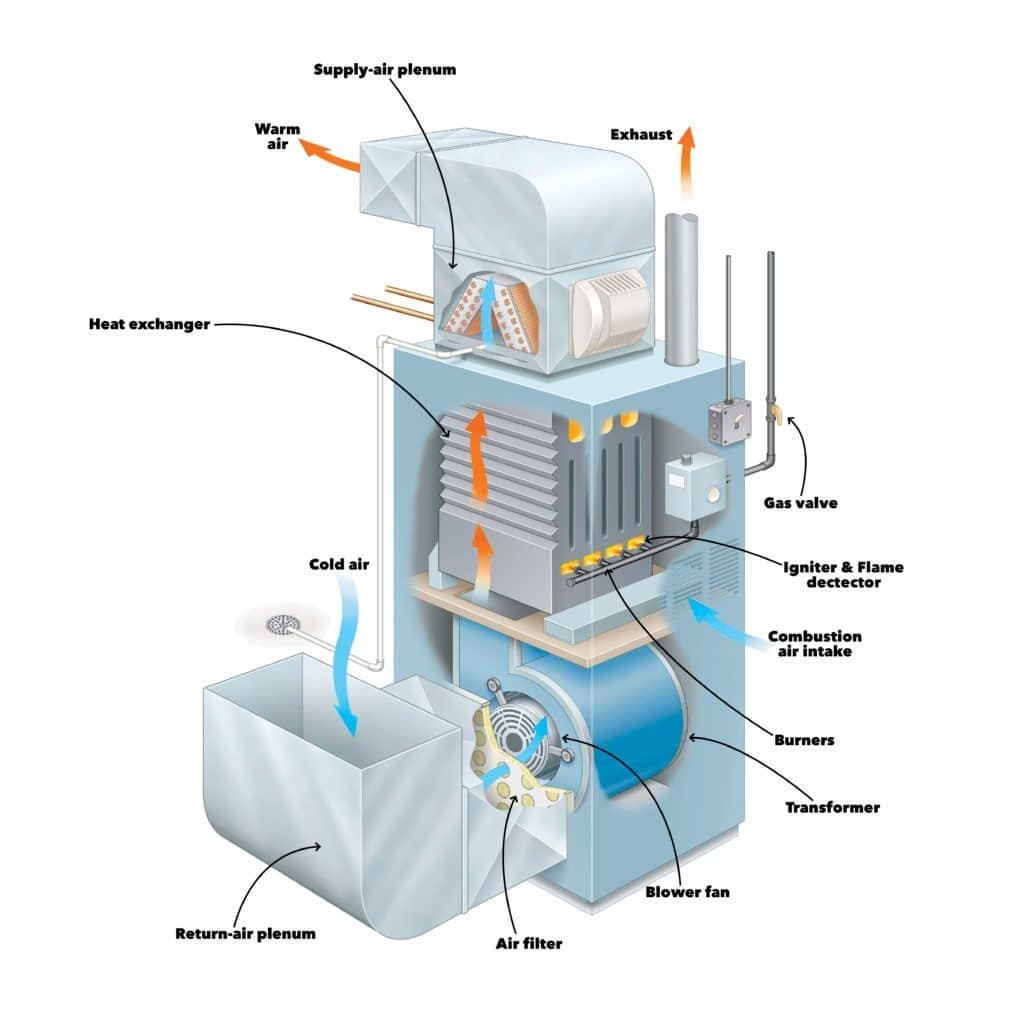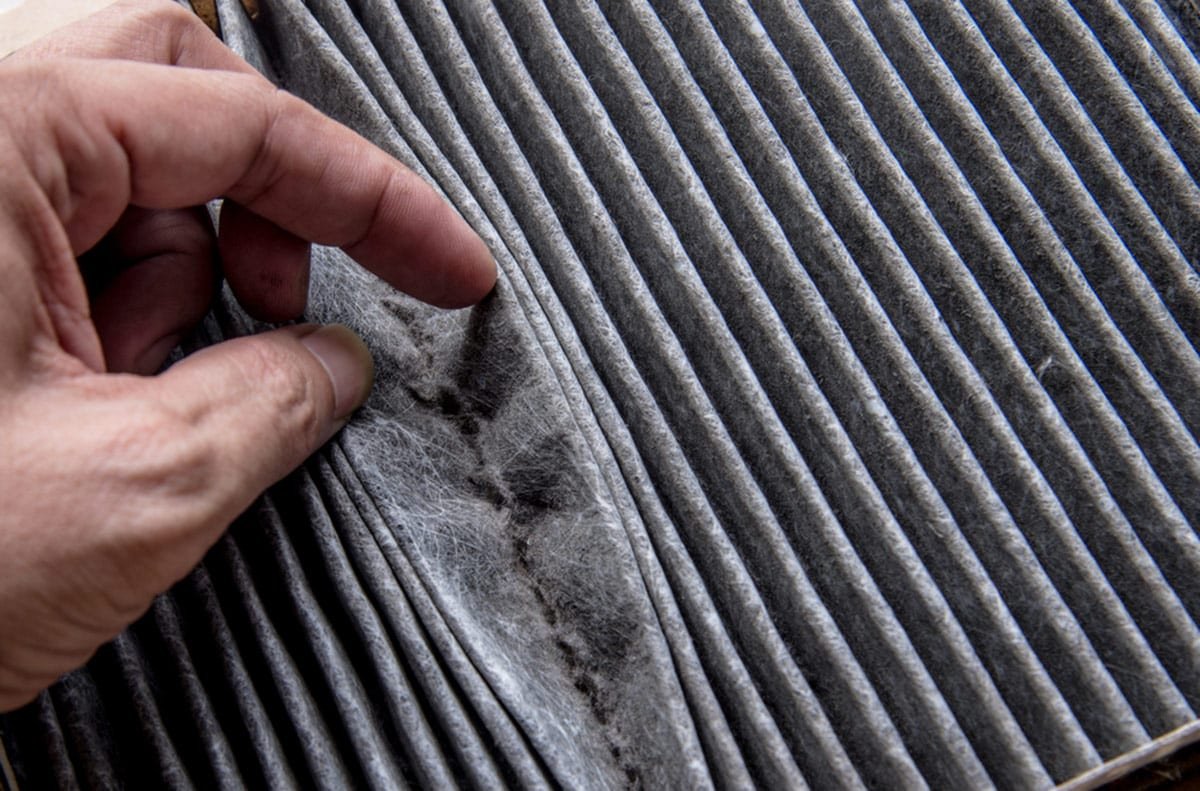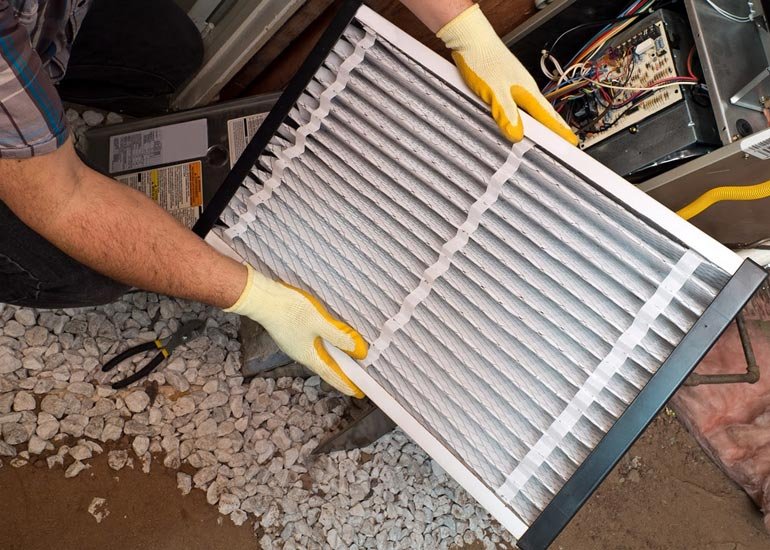Most people don’t think of oil furnaces as a viable option for home heating anymore, but they should. Oil furnaces are still an excellent choice for many homeowners, but how does an oil furnace work?
Oil furnaces have been around for a long time, and they’ve always been popular because they work so well. They use fuel oil to generate heat, distributed through the house through the ductwork. This type of furnace is very reliable, and it can last for many years if it’s properly maintained.
In this article, we’re going to look at how an oil furnace works, what fuel it uses, and how to keep it running correctly.
How Does an Oil Furnace Work?
An oil furnace works by burning fuel oil to generate heat. The heat is then distributed throughout the house via ductwork. The furnace has a burner that ignites the oil, and the heat is generated by combustion.
The fuel oil used in an oil furnace is very similar to the gasoline used in your car. It’s a highly refined petroleum product that’s safe to use in a furnace. The oil is stored in a tank and pumped into the furnace through a fuel line.
The burner is the heart of the oil furnace, where the combustion process occurs. The burner has a nozzle that sprays the oil into the combustion chamber, and a spark ignites it. The heat generated by the burning oil heats the air circulated through the house.
The furnace also has a heat exchanger, which is how the heat from the combustion process transfers to the air circulating through the house. The heat exchanger is a metal chamber that surrounds the combustion chamber. The hot air from the combustion process heats the metal, and that heat is transferred to the air as it passes through the heat exchanger.
Advantages of Installing Oil Furnace
Oil furnaces are an excellent choice for many homeowners because they’re very reliable and offer many advantages over other types of furnaces. Here are other benefits of using an oil furnace:
Versatile: You may use oil furnaces in various settings, including homes, apartments, and businesses.
Inexpensive: Oil furnaces are very affordable and often less expensive to operate than other types of furnaces.
Low Maintenance: Oil furnaces don’t require much maintenance, and they’re easy to keep running appropriately.
Safe: Oil furnaces are safe to use and don’t produce harmful emissions.
Efficient Operation: Oil furnaces are very efficient and can save you money on your energy bills.
Oil Furnace Buying Guide
Now that you know how oil furnaces work, you may wonder if one is suitable for your home. Here are a few things to consider when deciding if an oil furnace is the right choice for you:
Fuel Type
Heating oil and kerosene are the two kinds of oil used in furnaces. The most typical fuel used in oil furnaces is heating oil. It is a petroleum product that has been refined and is comparable to diesel fuel. Kerosene is a less popular fuel mainly used in oil warmers with wicks.
Burner Type
Oil furnaces have two types of burners: nozzle and ignition. Nozzle burners are less expensive but require more maintenance. Ignition burner oil furnaces are more costly but easier to maintain.
Price
The price of an oil furnace varies depending on the type, size, and features. Oil furnaces with nozzle burners are less expensive than those with ignition burners. The size of the furnace also affects the price, and larger furnaces usually cost more.
Installation
Oil furnaces must be installed by a professional. The installation process is typically not very difficult, but it’s essential to have a qualified technician do it.
Conclusion
An oil furnace is a reliable and affordable way to heat your home. It’s essential to choose the right type of oil furnace for your needs, and it’s also crucial to have it installed by a qualified technician. An oil furnace will provide you with years of trouble-free operation with proper care and maintenance.
Contact Furnace Repair Vaughan for your oil furnace installation, maintenance, and repair. Our certified technicians are available 24/7 for emergency service. Call us today!









